5. The Elephant Man (1980)
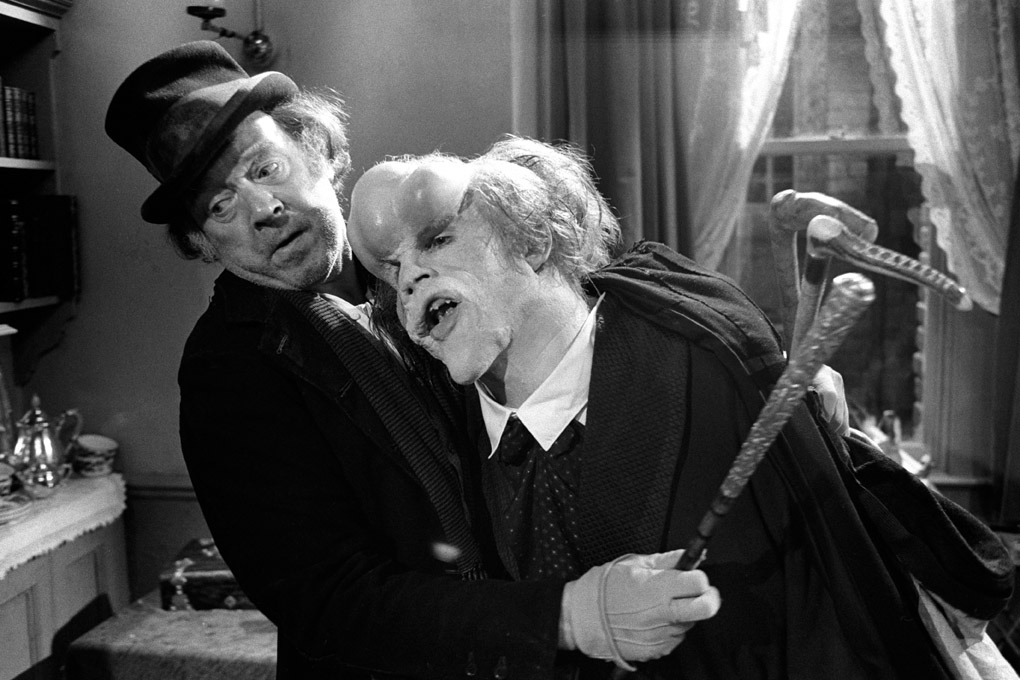
It’s not widely known that David Lynch collaborated with Mel Brooks on bringing the true story of Joseph Merrick to the screen. This film, perhaps more than any of Lynch’s other works, is all about humanity and the beauty inside us.
It tells the story of young surgeon; Frederick Treves (played by Sir Anthony Hopkins) who finds the titular Elephant Man (John Hurt) terribly mistreated in a London freak show and hires him to appear at one of his lectures. Throughout the film, Treves develops a close bond with his patient and makes efforts to bring him happiness through care and encouragement.
Hurt does a fantastic job, especially considering the weight of make-up and prosthetics he had to endure for filming. The make-up was so effective it led to the creation of a new Academy Award the following year as so many people were upset that the work of Christopher Tucker was not recognised at all. Hopkins is also very good as Treves, although he apparently found the goodness of the role rather dull.
The Elephant Man suffers a little from being overly sentimental. It was based largely on the memoirs of Treves himself and certain details of Merrick’s life are fabricated. For instance, Merrick was never mistreated by his business partner in the freak show and lived rather comfortably even before his admission to the London Hospital, which leaves a slightly sour taste as one feels a certain manipulation of feelings. However, none of this takes away from the overall power of the film.
Freddie Francis’ cinematography lends a visceral realism to the streets of London. There is also a wonderful soundtrack. Amongst many standout sequences, Merrick’s final scene, played to Barber’s Adagio for Strings, is truly heartbreaking. This is a film of Lynch’s where everything works in concert to become something magical.
4. Mulholland Drive (2001)
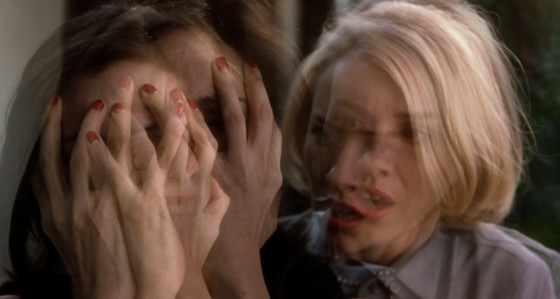
In 2001, Lynch released this dark tale of Hollywood intrigue which had been in development since the early 90s. It was originally intended as a spin-off from Twin Peaks, the central character being Audrey Horne. After the pilot episode was rejected, Lynch set to work reworking it for cinema.
Mulholland Drive, which was recently voted best film of the 21st Century in a BBC Culture poll, is a wonderful journey that defies expectations and throws conventions in our faces. Perhaps the best illustration of this is Betty (Naomi Watts) in the audition scene. The audience has been sold a story and a set of characters and are set up to expect this scene to go one way.
We’ve all seen the young actress trying to make it big in Hollywood story and are completely unprepared for what happens next; Betty transforms herself instantly into a femme fatale and takes the movie-of-the-week script she is reading down a very dark path. This is played so perfectly for the audience who are completely susceptible. The same happens in the Club Silencio scene.
What is great about Mulholland Drive is that it sidesteps just about every attempt at deconstruction while still hanging on to a narrative structure. There are a range of contrasting episodes that play out through the film. Some are truly chilling, such as the trip to the back of Winkie’s. Others show black humour in the style of Tarantino: the hit man versus the vacuum cleaner, for instance.
The film does share some themes and story elements with Inland Empire. What raises Mulholland Drive beyond this is its ability to keep the story at the forefront of the audience’s mind. Even if it is a mystery, it is one on which we feel able to conjecture.
3. Twin Peaks: Fire Walk With Me (1992)
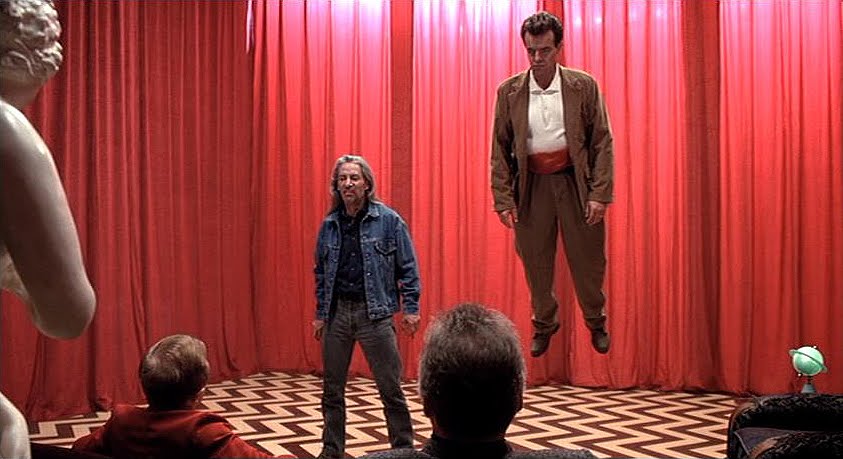
After the cancellation of his and co-writer Mark Frost’s ground-breaking television show, Twin Peaks, Lynch brought a prequel story to cinemas centred around the last seven days of murdered homecoming queen Laura Palmer’s life. The majority of the show’s cast were reunited along with support from new faces such as Chris Isaak, Kiefer Sutherland and the late David Bowie.
The result was a shock both to fans of the television show and those coming to the film with no context. For the fans, it was a shock to see the quirkier, softer aspects of the show missing along with many fan-favourite characters; for those with no knowledge of the television show, it was an impenetrable enigma. The result was a critical backlash that wounded Lynch deeply.
What critics failed to see, however, was that it had always been Lynch’s intention to take a massive detour from the feel of the TV show. It should be obvious to viewers when a television is smashed to bits at the end of the opening credits.
In Fire Walk With Me, we have a film that is hypnotic, raw and completely unhinged. Lynch stripped back all the side issues from the series and left us with an exposed wound at the heart of it all: the torture and descent of a young girl. That young girl is played so brilliantly by Sheryl Lee in a performance that one critic labelled as having ‘operatic intensity’.
The film is quite terrifying in parts, containing so many memorable scenes all drawn together by some of long-time musical collaborator Angelo Badalamenti’s finest work. The dark themes of the film that turned off a lot of viewers and critics are difficult to come to terms with and have a lot in common with the horrors of Eraserhead.
It feels strange then that Eraserhead is allowed such latitude in this area, perhaps because of its surrealistic representations, while Fire Walk With Me was a little too real for people to be able to confront in their own minds.
2. Eraserhead (1977)
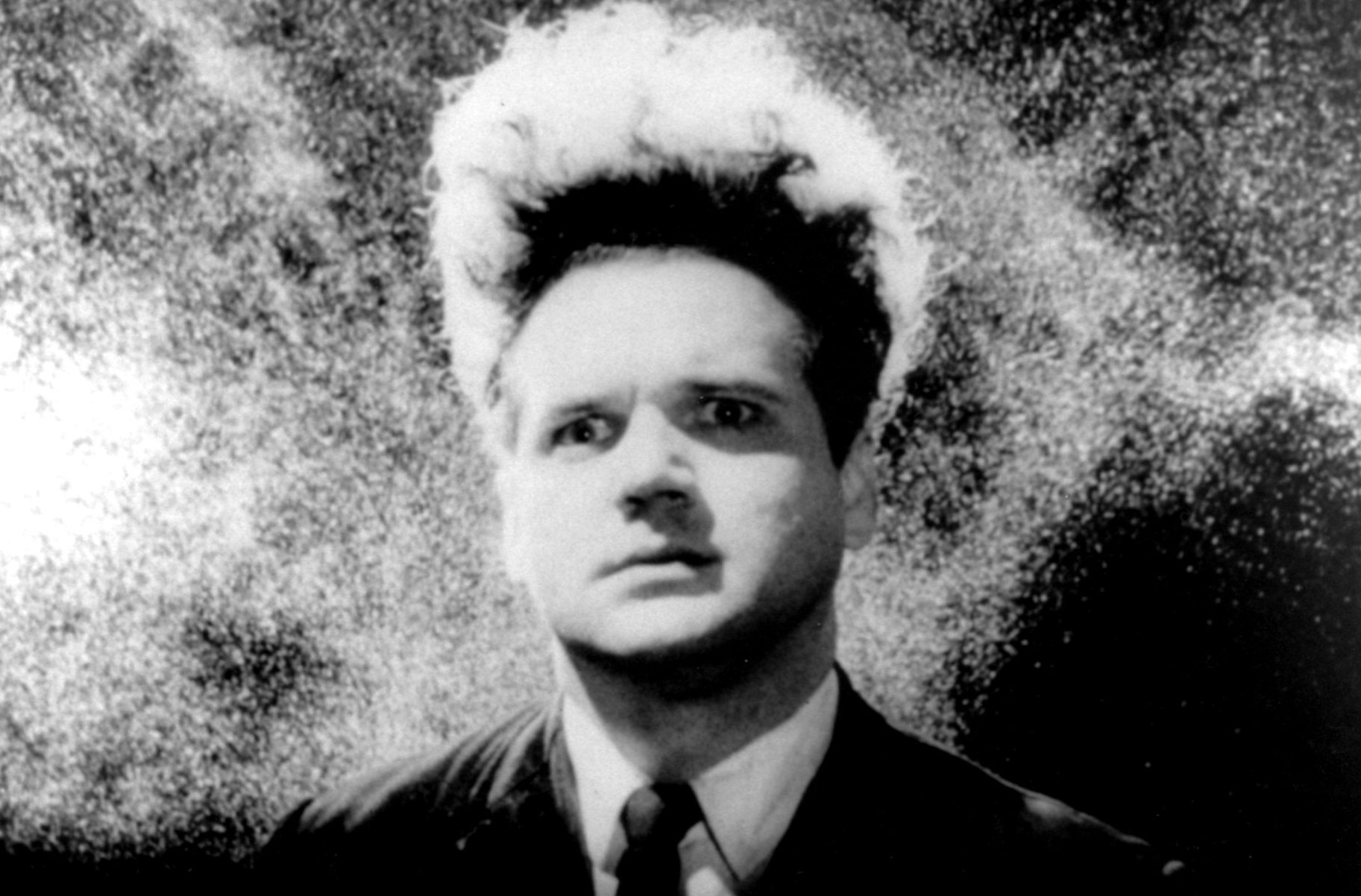
This, Lynch’s first feature film, took nearly five years to complete and is one of the most stark, nightmarish visions ever brought to the screen. A bleak, industrial wasteland is the backdrop for a horrific tale of unplanned parenthood.
Henry Spencer (Jack Nance) is on vacation from his job at a factory when he is invited to his girlfriend, Mary’s house for dinner. Once there, he is informed that Mary has had his baby and that she will have to move in with him. The ‘baby’ is a grotesque mutated form which wails day and night, driving Mary to leave and putting Henry in charge.
As a parent, this is an incredibly challenging film to watch with some shocking imagery but that does not detract from the breathtaking achievements of not just Lynch but his assembled crew. Alan Splet did fantastic things with Lynch in creating the soundscape of the film; Herb Cardwell and Fred Elmes likewise with their camerawork, creating a deeply forbidding look akin to film noir of the 1940s.
The backers of the film originally thought it was a short of around 20 minutes, but they hadn’t taken into account the sparseness of dialogue and Lynch’s fascination with imagery and visuals. The title of the film comes from a bizarre and brilliant nightmare sequence in which Henry’s head is kicked around and eventually found by a little boy who takes it into the factory. There it is fashioned into erasers for the ends of pencils.
The film takes many such turns into the surreal and is not devoid of humour. The dinner scene with Mary’s parents is a great example of the dark humour which Lynch injects into the darkest of subjects. The centrepiece of the film, however, will forever be the otherworldly baby, a glorious and horrific example of the grotesque.
1. Blue Velvet (1986)
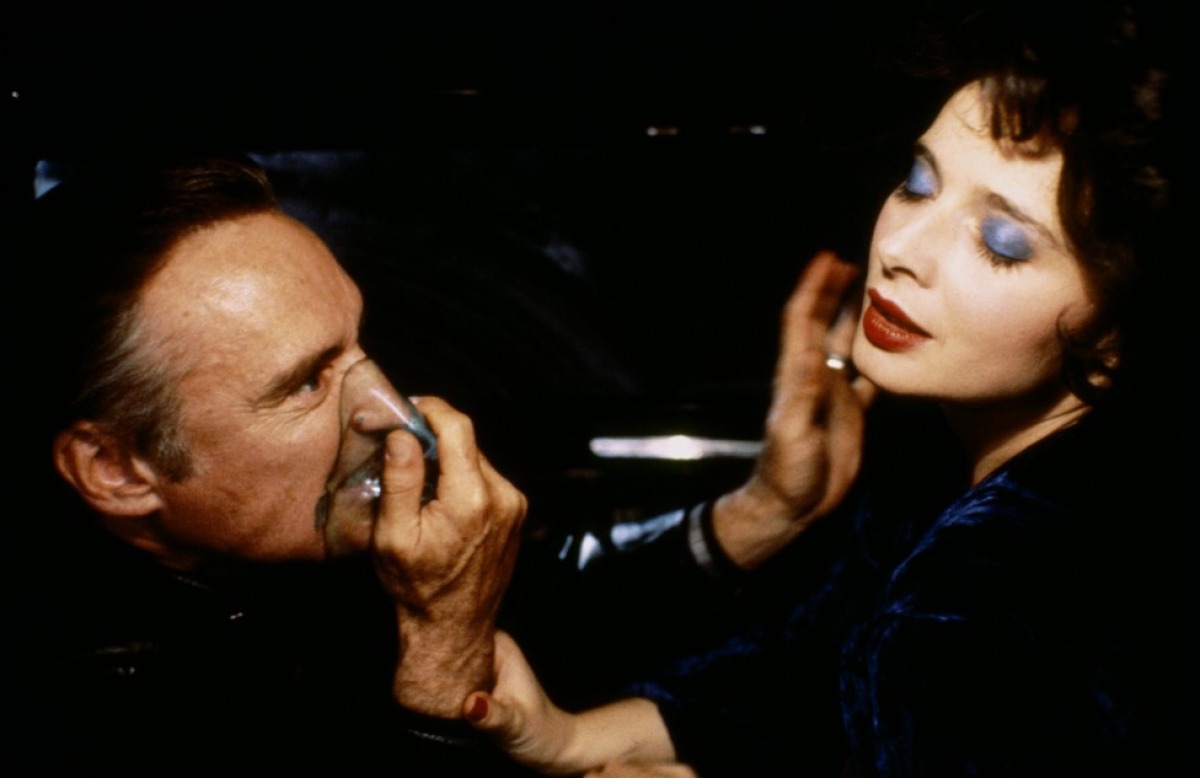
Lynch’s best film to date, Blue Velvet sits in that pantheon of films that can be described as flawless. Alright, maybe that animatronic robin at the end is a little weird but besides that, there is very little. The story is a simple one: young Jeffrey Beaumont, home from college to visit his sick father, finds a severed ear in the waste ground behind his house. He takes it to the local detective and is drawn into a hidden world of mystery, intrigue and danger.
Kyle Maclachlan plays the central role very well, injecting just the kind of ‘eagle-scout’ enthusiasm that is needed, combined with the questionable morality that leads his partner in crime to ask if he is “a detective or a pervert.” Jeffrey’s voyage into the unknown brings him into contact with an abused woman, Dorothy Vallens (Isabella Rosselini), who is in dire need of help.
Jeffrey does not have the emotional maturity to give her what she needs, instead falling into a similar pattern of abuse with her. The relationship is threatened by the arrival of one of Lynch’s greatest villains: Frank Booth, played with wild abandon by Dennis Hopper.
Jeffrey plays out his own detective fantasy against the backdrop of real suffering, becoming more and more aware of what goes on beneath the veneer of civility that exists in his small town home of Lumberton. Lynch took this idea of the secrets that lie behind the white picket fences and extended it in Twin Peaks but here it is condensed into a singular, shocking vision.
The brutality of Frank and his associates is beautifully offset by the jealous pouting of his would-be girlfriend Sandy’s jilted football player when he forces Jeffrey off the road in order to remonstrate with him. A situation that would be very stressful in another movie is almost comical in its banality until the badly beaten Dorothy appears and all parties realise what ‘serious’ really looks like.
The relationship with Sandy is another example of the questionable morality of Jeffrey that leads him into trouble. Here is someone who is young, impulsive and drawn to explore what is hidden. He makes a wonderful guide as we can see how flawed he is in himself.
Blue Velvet is a truly wonderful film, bringing simple storytelling and infusing it with great performances and abhorrent ideas to make something that peeks into the dark heart of society but offers a possible salvation at the end.
Author Bio: Richard Austin is a Primary School Deputy Headteacher who’s just finished his first novel and is saving up to get it edited. When he was a kid, he used to keep a little book of the films he went to see at the cinema, giving them ratings out of 5, which his family and friends find highly amusing to this day! He also has a website where he writes his random thoughts about science fiction.